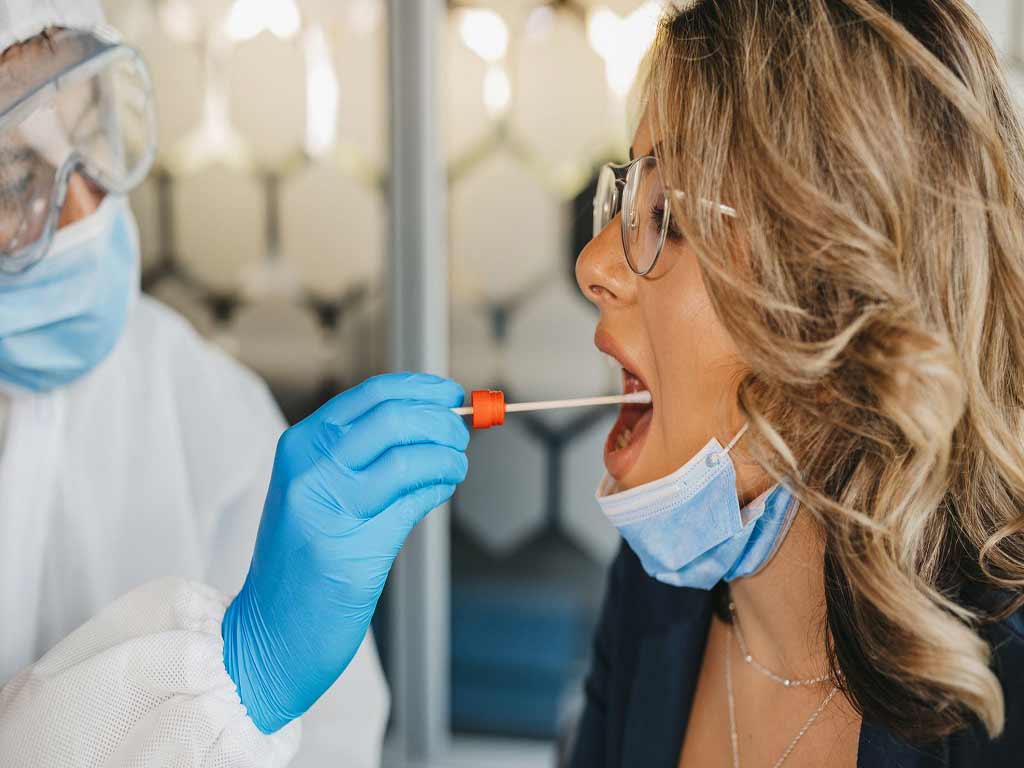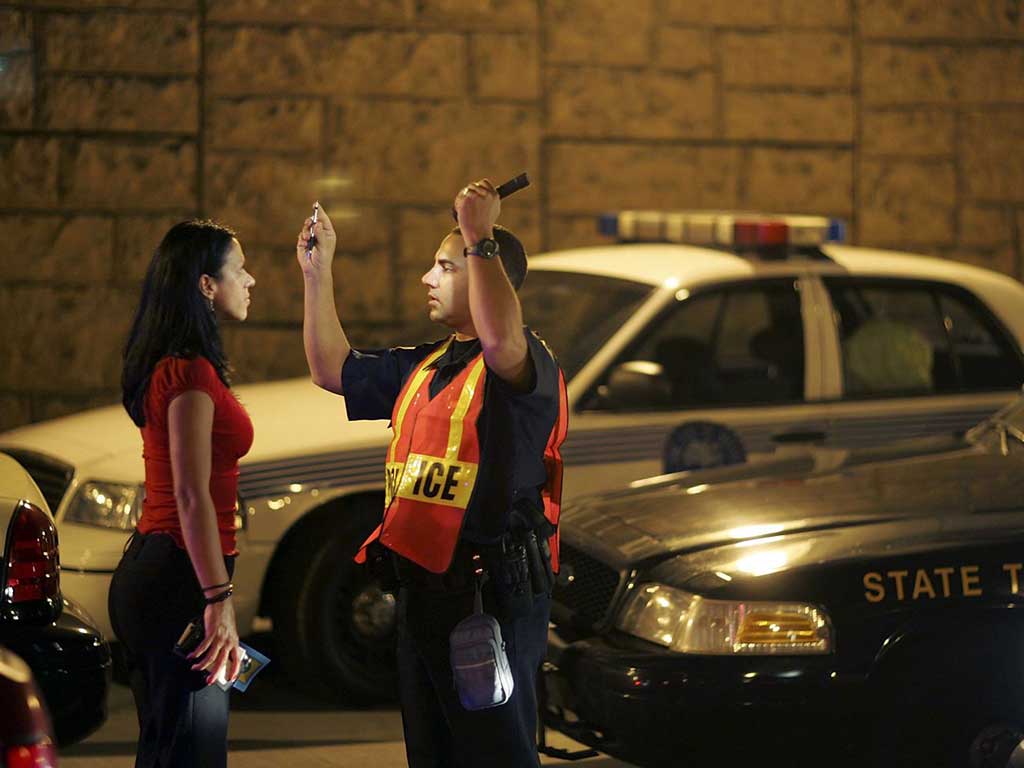Roadside Drug Testing WA: An Overview of Roadside Testing in Western Australia
16 February, 2024

Roadside drug testing in Western Australia is a process of testing drivers for the presence of drugs while they are on the road. This process typically includes conducting urine, blood, and saliva tests. The purpose of roadside drug testing in WA is to detect any illegal substances in the system of an individual, ensuring the safety of the roads and preventing impaired driving. Utilising various types of tests enables accurate detection and enforcement of drug-related offences.
The use of drugs can lead to various impairments that can increase the likelihood of accidents. This includes slower reaction times, a decrease in coordination, and a reduction in cognitive abilities. Therefore, police officers administer roadside testing to promote road safety. This helps protect all road users from possible accidents. This article will present roadside testing in WA, including its methods, procedures, and the role of police officers.
Overview of Roadside Drug Testing in WA
Roadside drug testing in WA refers to the practice of screening a person for the presence of drugs in their system. This screening specifically occurs while they are on the road. Specially trained police officers conduct the test. They aim to identify individuals who pose a risk to themselves and other road users. Consequently, this reduces the number of illicit drug-related road accidents.
Additionally, it serves as a means of enforcing laws related to drug driving. Establishing a strong presence of screenings on the roads sends a clear message to the public about the consequences of driving under the influence of drugs. It also acts as a deterrent, as individuals know they could be subject to testing at any time.
Moreover, the roadside drug test is a tool for gathering data on drug-impaired driving. This information is crucial for understanding the prevalence of drug use among drivers. By collecting data, authorities can determine trends. They can also monitor the effectiveness of anti-drug driving campaigns and make informed decisions regarding resources and initiatives to combat drug-impaired driving.
Importance of the Testing
- Enhances road safety through the detection of drug-impaired drivers, preventing potential accidents.
- Supports police forces with crucial evidence for prosecuting drivers under the influence of illegal drugs.
- Upholds justice by ensuring offenders are held accountable for their actions through appropriate drug driving charges.
- Promotes responsible driving, acting as a deterrent against driving under the influence of drugs.
- Reduces healthcare costs by preventing injuries and fatalities resulting from drug-impaired driving.
- Preserves public trust by showcasing proactive measures taken to ensure road safety from drug-impaired drivers.
- Identifies individuals in need of assistance for substance abuse issues, facilitating access to appropriate support and treatment services.

Methods and Procedures in Roadside Drug Testing in WA
Roadside drug testing in WA involves law enforcement officers using several methods and procedures to detect drug-impaired drivers. Firstly, the saliva drug test. Officers collect the saliva specimen using a swab. Then, they test it for the presence of drugs. This test can detect recent drug use, and officers often conduct it at the roadside or police station.
Secondly, the blood test. If a driver fails the initial oral fluid test or law enforcement officers suspect impairment, they may take a blood sample. They then send the sample to a laboratory for analysis to determine the presence of drug metabolites. This method is more accurate and can provide evidence of drug use within a longer timeframe.
Lastly, urine testing is another option that police officers can ask for. It involves the collection of a urine sample and testing it for the presence of drugs. Like blood tests, this is done at a hospital as a supplementary test. Of the three options, this offers the lengthiest detection period. It is also non-invasive but requires using toilet facilities.
What Can Be Detected?
The roadside testing methods can monitor a wide range of illicit substances. This may include substances such as cannabis (THC), cocaine, amphetamines, and opioids. These drugs can affect cognitive and motor functions. Therefore, it presents substantial risks to drivers and other individuals using the road.
Alongside illegal drugs, prescription medications can be detected as well. Certain prescription drugs, including sedatives, opioids, and psychoactive medications, have the potential to impair driving abilities. Detecting the presence of these substances is essential for preventing instances of impaired driving resulting from the legitimate therapeutic use or misuse of medications.

Role of Police Officers in Roadside Drug Testing in WA
Police officers play a crucial role in roadside drug testing in WA by detecting signs of impairment in drivers. They observe the behaviour, speech, and physical movements of the driver to determine if they may be under the influence of drugs. Officers undergo training to recognise these signs and act accordingly.
If officers have reasonable suspicion that a driver may be impaired, they can initiate a traffic stop. This initiation can be based on various factors, such as erratic driving, the smell of marijuana, or excessive speeding. During the traffic stop, officers may ask the driver to perform field sobriety tests.
Lastly, if a driver fails the field sobriety test, officers have the authority to administer a blood or saliva test to confirm the presence of drugs. They carry out these tests according to established procedures to accurately determine the level of impairment. Overall, the role of police officers in roadside drug testing is crucial in maintaining road safety and upholding the law.
Implications of Non-Negative Results
A non-negative result in roadside drug testing can lead to serious legal troubles. It can serve as evidence against the person in court, strengthening the case of the prosecution. Potential impairment at the time of the alleged indictable offence can sway the judgment of the court against the defendant.
Additionally, the defendant might face additional consequences beyond the criminal trial. This can include penalties such as fines, license suspension, or mandatory rehabilitation programs. The severity of these consequences can vary based on factors like prior offences, the level of intoxication, and any resulting property or bodily harm.
Conclusion
In conclusion, roadside drug testing in WA is a vital tool that law enforcement uses to detect and deter drug-impaired driving. Through methods like saliva, blood, and urine tests, officers can identify individuals posing risks on the road due to drug use. These tests also help gather crucial data on drug-related driving incidents, aiding in the development of effective prevention strategies. Then, authorities actively enforce drug driving laws and maintain a strong presence on the roads.
In addition, roadside testing detects a range of illicit substances, like cannabis, cocaine, and opioids, alongside certain prescription medications. Police officers play a pivotal role in this process, observing drivers for signs of impairment, conducting tests, and upholding road safety. Non-negative results can lead to legal repercussions, including fines and license suspension. This highlights the importance of responsible driving and compliance with drug laws to ensure public safety on the roads.






























